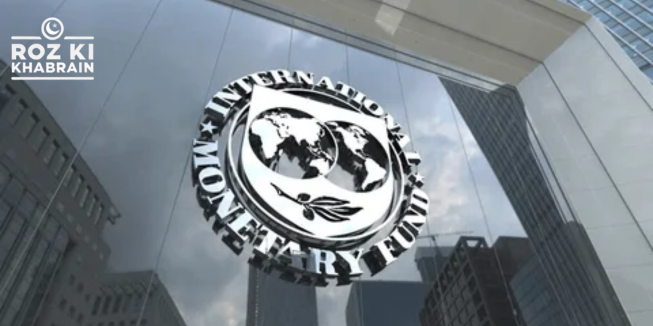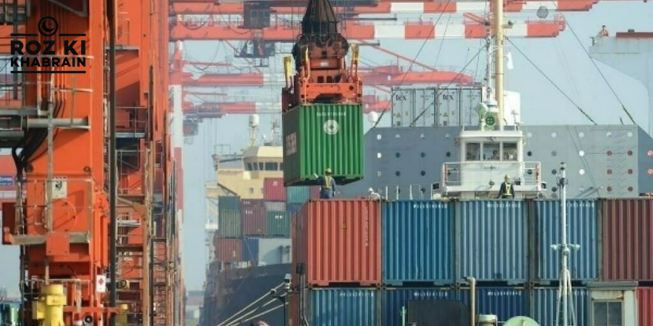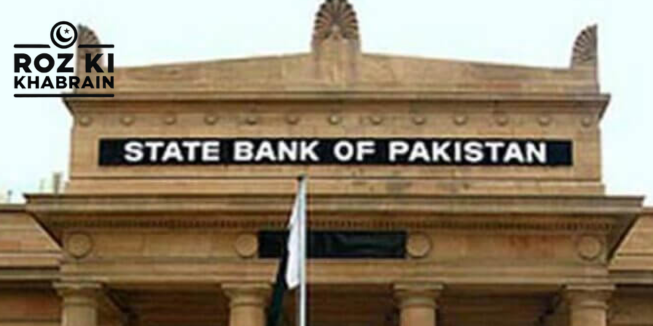ISLAMABAD: On Wednesday, the International Monetary Fund (IMF) approved a new $7 billion bailout package for Pakistan after the country committed to significant reforms, including overhauling its agriculture income tax, transferring certain fiscal responsibilities to the provinces, and limiting subsidies.
The Prime Minister’s Office announced that the IMF’s Executive Board approved a 37-month Extended Fund Facility totaling $7 billion, which includes the immediate release of the first loan tranche of less than $1.1 billion. This marks the 25th IMF program that Pakistan has secured since 1958, and the sixth under the Extended Fund Facility (EFF).
According to a statement from the Ministry of Finance presented to the Senate Standing Committee on Economic Affairs, Pakistan will incur an interest rate of approximately 5% on the IMF loan.
Prime Minister Shehbaz Sharif reiterated on Wednesday that this would be Pakistan’s last IMF program, a statement he also made following the approval of the previous program in 2023. He credited the new bailout package to Deputy Prime Minister Ishaq Dar, Chief of Army Staff General Asim Munir, and the finance team, noting that the federal government cannot complete this program without cooperation from all four provinces.
Interestingly, the Sindh government ratified a memorandum of understanding for signing the National Fiscal Pact on July 30, and Balochistan’s government did so on July 26, following the staff-level agreement between Pakistan and the IMF on July 12.
However, the IMF board approved the program without addressing one of the fundamental issues leading to such loans—the need for restructuring Pakistan’s external and domestic debt, which consumed 81% of the country’s tax revenues in the last fiscal year.
The new bailout package aims to achieve macroeconomic stability by consolidating public finances, rebuilding foreign exchange reserves, mitigating fiscal risks from state-owned enterprises, and improving the business environment to foster private sector growth.
To qualify for the program, the government is expected to raise an additional Rs1.4 trillion to Rs1.8 trillion in taxes, increase electricity prices by up to 51%, and ensure transparency in the Sovereign Wealth Fund’s operations.
Additionally, the government took a historic loan of $600 million, the most expensive loan to date, to secure a meeting date with the IMF board. Key conditions of the IMF program include ensuring the fiscal viability of the power sector, privatizing loss-making entities, and enhancing tax revenues.
Unlike previous agreements, the new program extends to provincial budgets and revenues, with nearly a dozen IMF conditions impacting the provinces directly.
The federal and provincial governments are set to sign a new National Fiscal Pact by next Tuesday, which will transfer responsibilities for health, education, social safety nets, and road infrastructure projects to provincial authorities. All four provinces will align their agriculture income tax rates with federal personal and corporate income tax rates by amending their laws by October 30, resulting in an increase in agricultural income tax rates from 12-15% to 45% starting January of the following year.
Furthermore, provincial governments are prohibited from providing additional subsidies on electricity and gas, establishing new Special Economic Zones or Export Processing Zones, and the federal government will not be permitted to create any new economic zones or extend tax incentives for existing ones beyond 2035.
Another condition requires Pakistan to demonstrate a primary budget surplus of 4.2% of its Gross Domestic Product (GDP) during the three-year program period, calculated after excluding interest payments. Achieving this surplus would substantially squeeze non-interest expenditures, placing an additional tax burden equivalent to 3% of GDP on current taxpayers.
Under the IMF program, a primary surplus of 1% of GDP must be shown in this fiscal year, with an increase to about 3.2% over the subsequent two years to establish a sustainable decline in the debt-to-GDP ratio.
In the event of a tax shortfall, the government has pledged to present a mini-budget, which would increase tax rates on imports, contractors, professional services, and fertilizers. The Federal Board of Revenue (FBR) is facing a potential tax shortfall of over Rs200 billion for the first quarter.
For this fiscal year, Pakistan is required to maintain spending on defense and subsidies at the previous year’s levels relative to the economy’s size.
However, the program’s design does not fully tackle the issue of debt sustainability and is based on the strategy of rolling over maturing external debt during the program’s duration.
Pakistan has committed not to repay $12.7 billion in debt to Saudi Arabia, China, the United Arab Emirates, and Kuwait during this period.
The IMF mandated that Pakistan first address a $2 billion additional financing gap to qualify for board approval. To bridge this gap, Pakistan had to secure its most expensive commercial loan in history at an interest rate of 11% from Standard Chartered Bank.
On Wednesday, the Asian Development Bank warned that escalating political and institutional tensions may hinder the implementation of the reforms Pakistan has pledged to deliver to the IMF. These reforms are crucial to ensuring that external lenders continue to support Pakistan.




